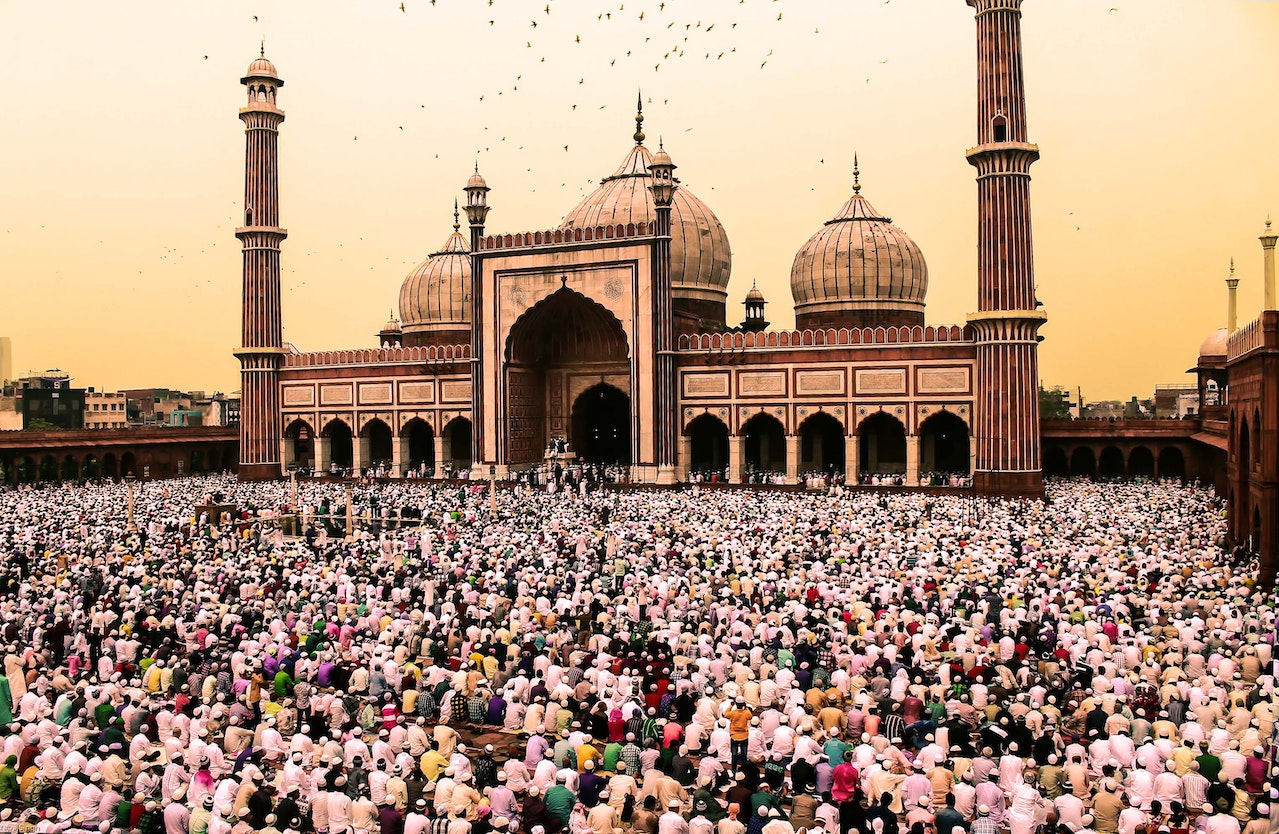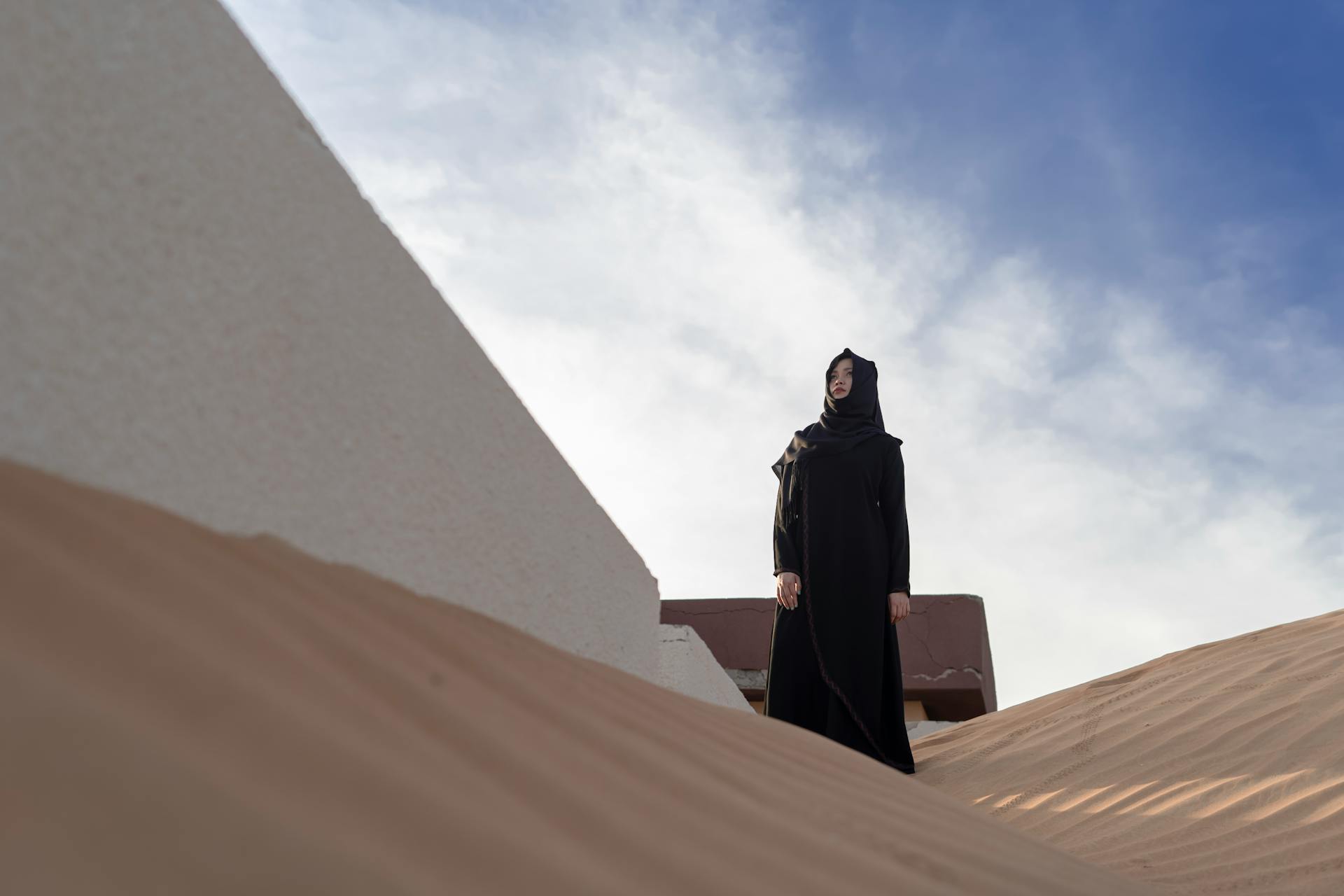Central to the observance of Eid al-Fitr is the practice of Zakat al-Fitr, an obligatory form of charity that holds deep significance within the Islamic faith. Also known as Fitrana or Sadaqat al-Fitr, this charitable contribution plays a vital role in ensuring that all members of the community can partake in the joyous festivities of Eid.
The Essence of Zakat al-Fitr
Zakat al-Fitr is a mandatory form of charity prescribed by Islam, separate from the annual Zakat on wealth. It is incumbent upon every Muslim who possesses the means to do so, serving as a purification of one’s wealth and a means of blessing the less fortunate. The obligation of Zakat al-Fitr is based on the traditions of the Prophet Muhammad (peace be upon him), who emphasized its importance as a means of purifying oneself from any shortcomings or impurities in their fasts during Ramadan.
The Timing and Calculation
Zakat al-Fitr is due before the Eid al-Fitr prayer, ensuring that those in need receive assistance in time to participate fully in the festivities. The exact amount of Zakat al-Fitr varies depending on factors such as the cost of staple food items in the region and the number of eligible recipients in one’s household. Traditionally, Zakat al-Fitr is equivalent to a specific weight of a staple food item, such as wheat, barley, dates, or raisins, calculated per person in the household.
Ensuring Inclusivity and Equity
One of the primary objectives of Zakat al-Fitr is to ensure that every member of the community, regardless of their socio-economic status, can partake in the joyous celebrations of Eid. By distributing Zakat al-Fitr to those in need, Muslims uphold the principles of solidarity, compassion, and social justice that lie at the heart of Islam. This charitable act fosters a sense of unity and empathy within the community, reinforcing the bonds of brotherhood and sisterhood that transcend worldly distinctions.
The Impact of Zakat al-Fitr
The impact of Zakat al-Fitr extends far beyond the immediate provision of material assistance. By fulfilling this obligation, Muslims cultivate a spirit of gratitude, humility, and generosity within themselves, embodying the teachings of Islam in their actions. Zakat al-Fitr serves as a reminder of the blessings bestowed upon individuals and the responsibility to share those blessings with others, particularly during times of celebration and abundance.
Challenges and Opportunities
In contemporary times, the practice of Zakat al-Fitr has evolved to accommodate changing socio-economic conditions and modes of charitable giving. While traditional forms of Zakat al-Fitr, such as donating staple food items, remain prevalent in many communities, alternative methods such as cash donations or online transfers have also gained popularity, facilitating greater convenience and accessibility for donors.
However, alongside these advancements come challenges related to ensuring transparency, accountability, and equitable distribution of Zakat al-Fitr funds. It is incumbent upon individuals, communities, and charitable organizations to uphold the principles of integrity and efficiency in managing Zakat al-Fitr contributions, thereby maximizing their impact and efficacy in alleviating poverty and supporting vulnerable populations.
A Call to Action
As Muslims prepare to observe Eid al-Fitr and fulfill the obligation of Zakat al-Fitr, it is imperative to reflect on the profound significance of this charitable act and its transformative potential. By embracing the spirit of generosity, compassion, and solidarity embodied by Zakat al-Fitr, Muslims reaffirm their commitment to serving humanity and upholding the values of justice and equality championed by Islam.
In a world marked by inequality, poverty, and hardship, the practice of Zakat al-Fitr serves as a beacon of hope and solidarity, offering a tangible expression of faith in action. As believers come together to celebrate Eid al-Fitr, let us also renew our resolve to alleviate suffering, uplift the marginalized, and build a more just and compassionate society for all.
Read more about Ramadan!






